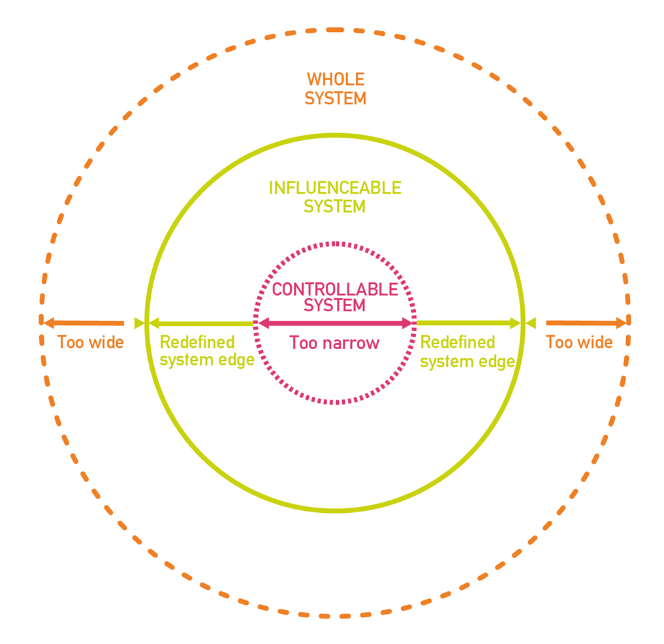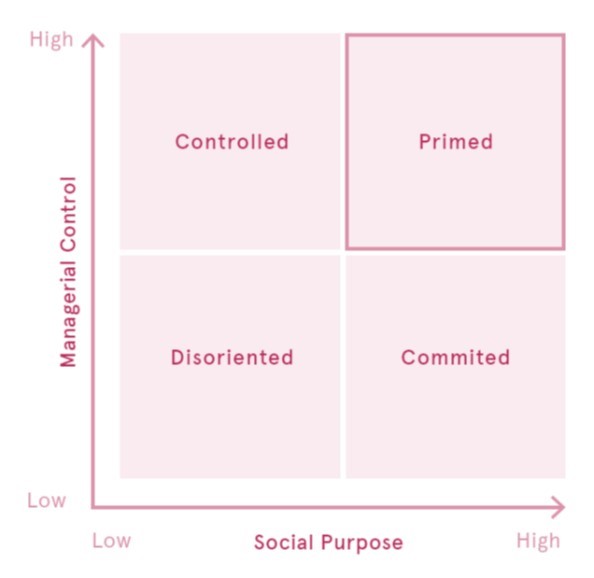My colleague Jon Ainger and I recently presented at an online event facilitated by Northumbria University Business School, on taking a Human Learning Systems approach to public services.
In our session, we spoke about working across interfaces to build system relationships, and shared practical tactics for influencing the behaviour of people who are key actors in the system – something that is even more important in the current crisis. One of the positive impacts of Covid-19 is that it is enabling public services to look beyond organisational or system boundaries and embrace complexity more than ever before.
Our session generated lots of discussion, particularly about EDGEWORK and how we apply it on the ground. The feedback has helped us think about how we articulate our approach and demonstrate how we are using it to create better-functioning systems. We came away with two key reflections:
- System maps are live documents – EDGEWORK adds a ‘power and dynamics’ dimension to traditional system mapping. Our approach links each element of the system to the level of control and influence that a council has over it. This enables our clients to frame the scope of the system they are working with, thereby encouraging them to be more ambitious about moving beyond the things they have direct control over, or to be more realistic by not defining the scope wider than the elements they are able to influence. As relationships, energy and levels of collaboration change, so too should the mapping.

- Management is not a bad word – in EDGEWORK, management does not mean ‘being managed’; we advocate trusting staff to make professional judgements guided by a set of principles and a strong inclusive ambition. In fact, this is the key to being able to maintain the level of flexibility required to adapt to a continuously changing system. We use the term management more in terms of performance management; ensuring that employee performance supports and contributes to an inclusive ambition. Staff in the ‘Committed’ box in the diagram below are driven by their own sense of social purpose and interests with little management control. But although they are motivated they may not be connecting with the purpose of the system or be aligned to the council’s overall priorities. The metrics that are therefore used to understand the system and learn how to improve its overall health need to hit the sweet spot between tapping into an individual’s sense of social purpose and aligning with the council’s objectives. This is just as important within self-managed teams as it is with more traditional set ups.

It was encouraging to listen to the experiences of other people in improving complex public services and to be able to contribute to and benefit from our collective learning. The passion and commitment that came through was energising and shows that people are keen to make a difference in the future despite, or perhaps as a direct consequence of, being in the midst of a pandemic.


